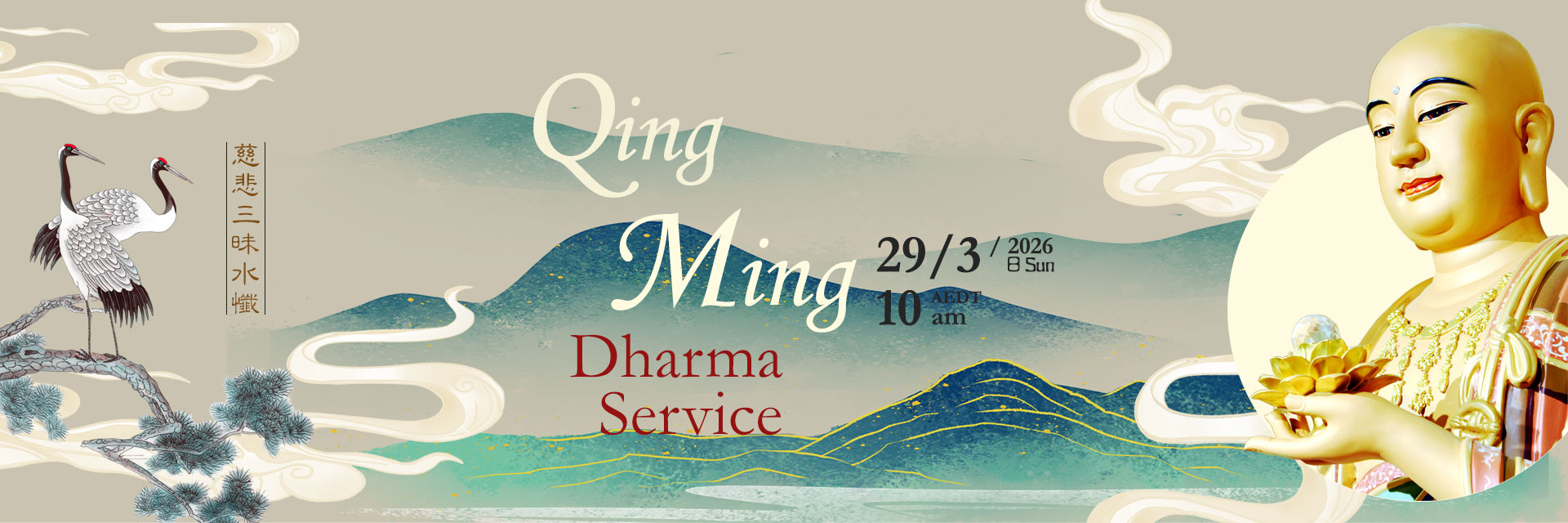Who Founded Buddhism?
Buddhism originated approximately 2,500 years ago in northern India (now Nepal) with the supreme enlightenment of and subsequent teachings by Sakyamuni Buddha. Born around 600 B.C. to King Suddodhana, ruler of the Sakya clan, Saykyamuni Buddha was originally named Prince Siddhartha Gautama. In childhood he led a pampered life of royal wealth sheltered from the world's miseries. But, when as a young man he was at last allowed to venture from the palace, he saw four sights: A decrepit old man, a person wracked with disease, a corpse, and a monk. He thus learned of life's inevitable sufferings (old age, sickness, and death) and the transience of all worldly pleasure. He also saw that the wise monastic had found peace in spite of life's ills.
Determined to find a way to be free from these troubles, Prince Siddhartha renounced his crown and family, and embarked on his journey to seek the truth. After years of cultivation, he attained supreme enlightenment and was thence known as Sakyamuni (meaning "sage of the Sakya clan") Buddha. Out of endless compassion, Sakyamuni Buddha shared his teachings so that others could also discover the Middle Path to end all suffering.
Who and/or what do Buddhists worship?
Buddhists trust in:
1. The Buddha as a great teacher and exemplar;
2. The Dharma, i.e. the Buddha's teachings as a guide to enlightenment and essential truth; and
3. The Sangha, i.e. the Buddhist community, particularly monastics who teach the Dharma and guide one along the path to enlightenment. Veneration of this "Triple Gem" is central to Buddhist life.
Who is a Buddha?
A Buddha is not a god, but rather one who, through complete wisdom and compassion, has attained full enlightenment and is thus beyond the endless cycle of birth, death, and rebirth. A Buddha exemplifies the highest form of morality and is the supreme teacher showing people the way to relieve suffering. The word "Buddha" is derived from the root budh meaning "to awaken and be aware or completely conscious of." Buddhists believe that all beings have the Buddha nature, i.e. the potential to become a Buddha.
Cultivating and awakening this potential is what Buddhism is all about. According to the Mahayana thoughts, there are many Buddhas. When Buddhists speak of "the" Buddha, however, they are usually referring to Saykyamuni Buddha, the founder of Buddhism.
Who is a Bodhisattva?
"Bodhi" means "enlightenment"; "sattva" means "sentient being." A Bodhisattva is one who is following the path to enlightenment. In so doing, a Bodhisattva altruistically chooses to put off his/her own final stage of enlightenment in order to completely alleviate the suffering of others. He/She practices the virtues of generosity, morality, renunciation, wisdom, energy, patience, truthfulness, determination, loving-kindness, and even-mindedness to perfection and without self-interest. There are said to be an infinite number of Bodhisattvas. Mahayana Buddhists place particular emphasis on the importance of the Bodhisattva and the Bodhisattva Path as the way to realise one's Buddha nature.
-From the book, Entry Into the Profound: a first step to understanding Buddhism published by International Buddhist Association of Australia Incorporated.







